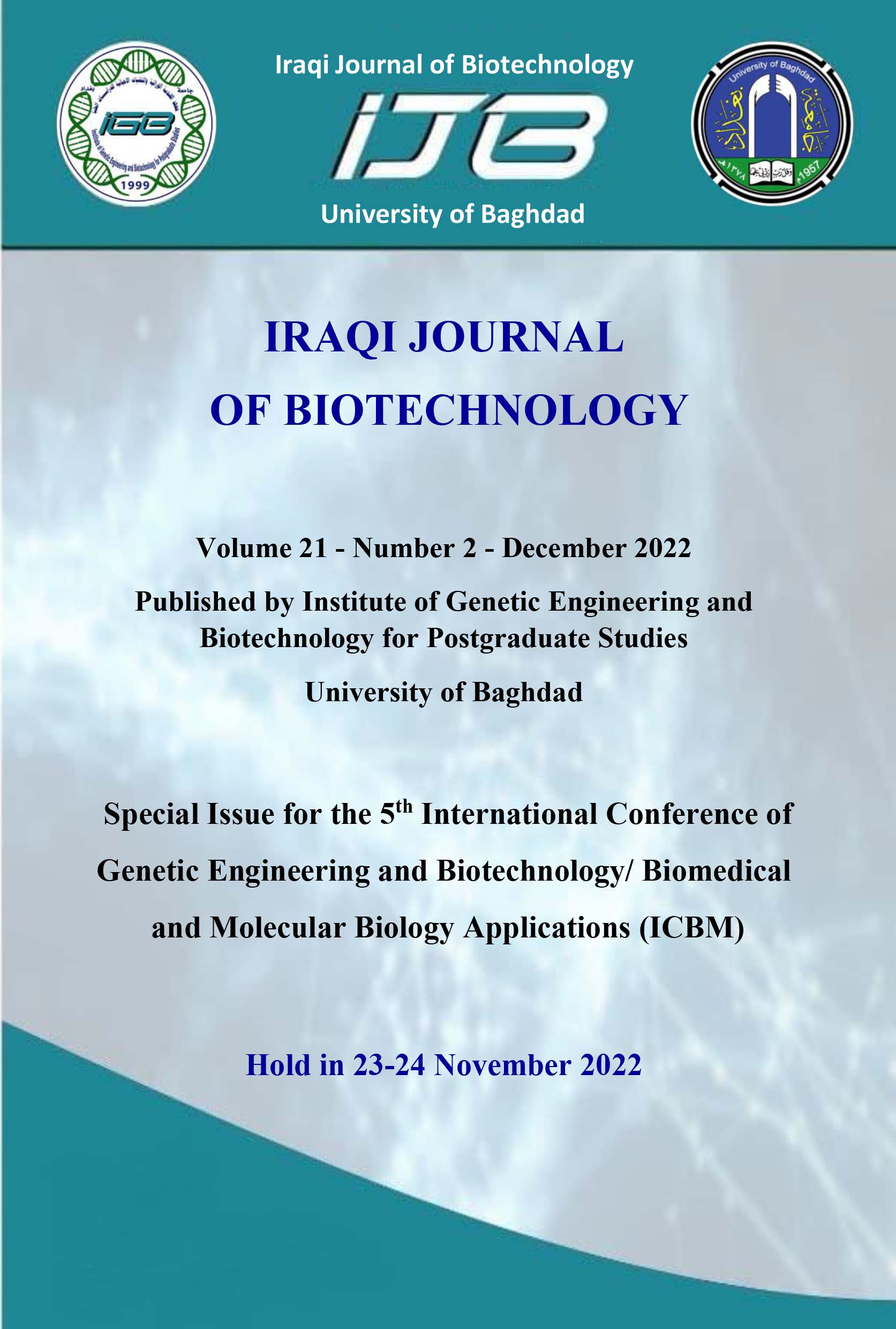Estimation of Free T3, free T4 and TSH Levels in a Sample of Iraqi Autoimmune Urticarial Patients
Abstract
Chronic spontaneous urticaria (CSU) is a mast-cell driven skin disease, characterized by the recurrence of transient wheals, angioedema, or both for more than 6 weeks. CSU is associated with autoimmunity in 30–45% of the cases, sharing some immunological mechanisms with other autoimmune diseases, and is associated with Autoimmune Thyroid Disease (ATD) in about 4.3%–57.4% patients. This study involved eighty CSU patients were Clinically diagnosed by dermatologists in Specialized Center of Allergy in Baghdad/Al-Rusafa with age ranged between (11-60), as well as a control group 40 with age ranged between (11-60) from November 2021 to April 2022, the results show that free T3 (2.97±0.12 pg/ml) and free T4 (23.42±0.94 pg/ml) were highly significant differences (p-value=0.001 for both free hormones) in compared between patients and control group (1.46±0.12 pg/ml, 9.88±0.64 pg/ml) respectively, while TSH serum level was lower in CSU patients (0.95±.071 pg/ml) with highly significant differences (p-value=0.001) in compared with control group (1.96±0.26 pg/ml). in the other hand, the highest FT3 serum level of CSU patients was recorded in ages between 11-20 year while the highest FT4 serum level of CSU patients was recorded in ages between 41-50 year finally, the highest TSH serum level of CSU patients was recorded in ages between 21-30 year in compared with control group with same ages. Therefore, CSU patients may have symptoms of thyroid dysfunction.


